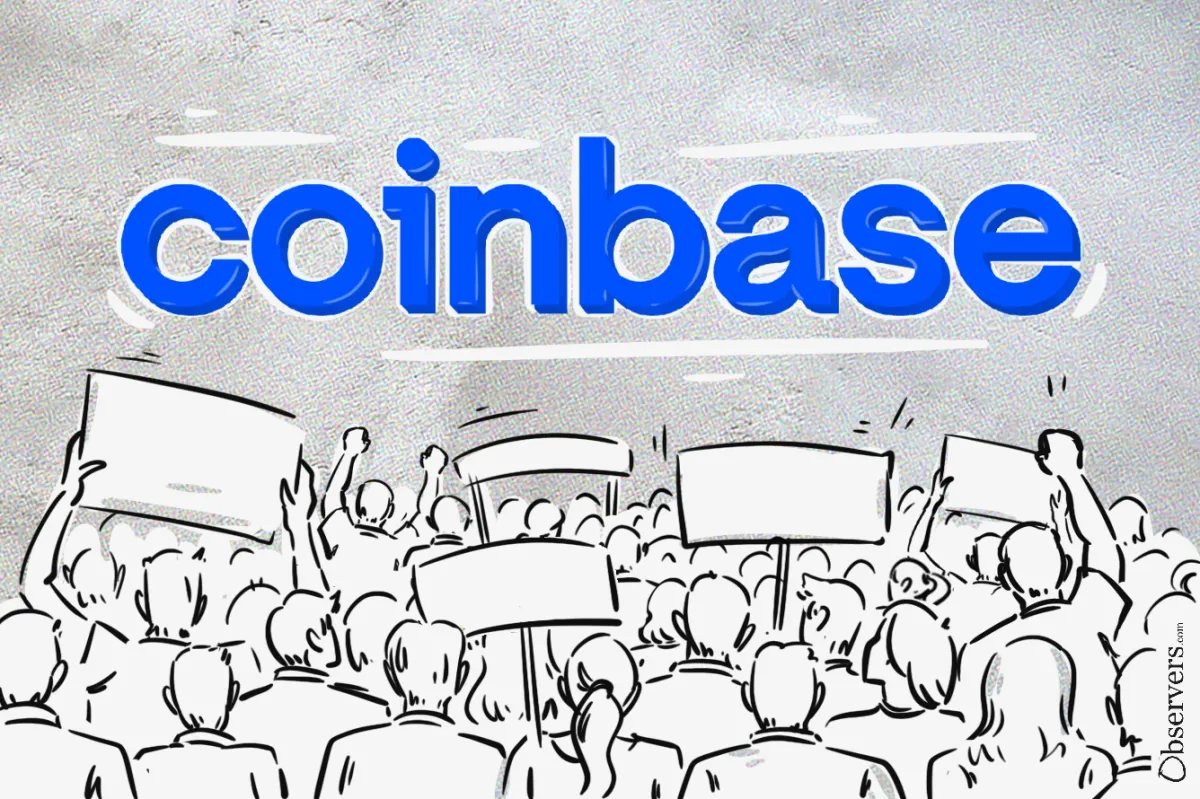
Scott Shapiro, the Product Director at Coinbase, recently shared that using VPN services to access Coinbase is not recommended. The system considers IP inconsistencies, commonly associated with VPN usage, a red flag.
PSA: Don't use a VPN to access Coinbase.
— Scott Shapiro 🛡 shapiro.eth (@scottshapiro) December 2, 2024
Attackers always use VPN's, so our risk models take that as a negative sign even if you're legitimately using your own account.
While Coinbase has not issued an official statement explicitly prohibiting VPN usage, its help center explains that VPNs, ad-blockers, security software, browser extensions, etc., can cause issues in accessing an account. In fact, they say even basic security measures like private browsing or incognito mode might cause difficulties in device confirmation.
While Shapiro points to hackers' use of VPNs, the company might have other reasons to discourage their use.
Centralized exchanges like Coinbase face mounting regulatory pressures. To comply with international and local regulations, the platform enforces geolocation tracking to restrict access from countries where all or some of its services are not permitted. If a user bypasses such restrictions, masking the location with VPNs, he or she violates Coinbase’s terms of use, and the account can be frozen.
Accurate geolocation also allows Coinbase to diversify its fee rates. Seasoned traders might use VPNs to lower their expenses by transacting from locations with lower fees.
A Stunt or Failure of Coinbase PR?
Social media platforms have become the place where a business's reputation lives or dies. A smart development strategy implies dealing with public opinion. Although Coinbase is usually quite good at it, the company misstepped in this case.
The announcement raised a wave of discontent among users. Critics argue that VPN usage should not trigger account flags since privacy is a fundamental right – especially in the crypto community. On social media, users voiced concerns about being forced to sacrifice privacy to access Coinbase’s services.
After facing the critics, Shapiro explained himself, slightly changing the original position: using a VPN and other protection measures is good unless it is combined with other suspicious factors.
“Using VPN or adblocker on their own will not cause your CB account to be flagged. On the contrary, we strongly encourage these tools to strengthen your privacy and security. To set the record straight, consider this our public declaration that we will always support privacy-preserving measures and tools to the fullest extent allowed by law, no exceptions,” - he shared the next day after publishing the controversial recommendation.
This new, ‘adjusted’ opinion was welcomed by the community. However, moments like these underscore the tension between regulatory obligations and community trust.
Scott DMed me and we had a good back and forth. They are clearly earnestly trying to solve an important problem set with this policy. I’m willing to extend the benefit of doubt to Coinbase on this while remaining agnostic that this is the best or only solution. Thank you Scott…
— metastash (@metastash) December 3, 2024
Coinbase is quite active in shaping public opinion via social media. For example, the company is often accused of slow and poor-quality support. Every now and then, we see top executives replying to users who are facing problems with their accounts, thus creating a better image. Even Brian Armstrong’s account sometimes helps users out.
Another notable social media gesture by Coinbase is its recent decision to join the crusade against the Biden-Harris Administration. Although this decision seemed too aggressive at first, the community eventually supported it.
“We've let all the law firms we work with know, that if they hire anyone who committed these bad deeds in the (soon to be) prior administration, we will no longer be a client of theirs. We as an industry should not be putting money in their pocket after the abuse,” - shared Armstrong.
By leveraging social media, Coinbase not only addresses community concerns promptly but also shapes the public perception of the industry and related issues. Its Stand With Crypto Alliance is another powerful tool that allows tuning attitudes towards crypto at higher levels and lobbying the industry interests.

